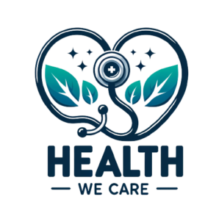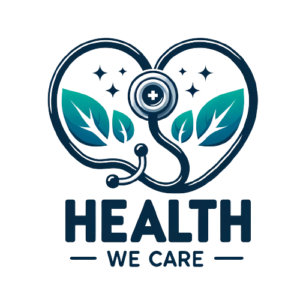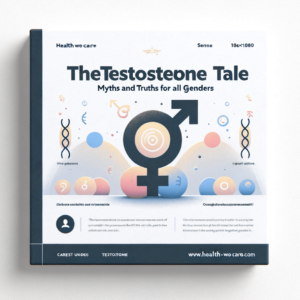Whether it’s your morning coffee or a pre-workout energy drink, you might be asking yourself, “Is caffeine helping or hurting me?” Caffeine is known for its ability to improve focus, energy, and performance, which is why so many people rely on it daily. It works by blocking adenosine, a chemical in your brain that makes you feel tired, giving you that alert and energized feeling. But, with regular use, your body can develop a tolerance, leading to dependence.
The downside of caffeine is its addictive potential. Relying on it daily can lead to withdrawal symptoms like headaches, irritability, and fatigue when you try to cut back. Overconsumption can also cause jitteriness, anxiety, and disrupt sleep patterns, which negatively affects recovery and overall well-being. In the long run, this can create a cycle where you need caffeine just to feel “normal,” rather than to enhance your energy or focus.
To avoid the pitfalls of caffeine dependence, moderation is key. Keeping intake to a reasonable amount (about 200-400 mg per day, roughly 2-4 cups of coffee) allows you to enjoy the benefits without the risks of addiction. If you’re looking to cut down, gradually reducing your intake can help ease withdrawal symptoms while maintaining energy levels naturally through diet, sleep, and hydration.

In summary, while caffeine is a potent tool for enhancing focus and energy, it is not without its risks. Its ability to stave off tiredness can lead to dependence, making moderation essential. By limiting caffeine to about 200-400 mg daily and being mindful of your consumption patterns, you can harness its benefits without falling into a cycle of addiction.
For more detailed strategies on maintaining energy levels naturally, consider exploring our eBook, “Mindful Pro in 21 Days,” available in our shop. Also, follow us on Instagram at @Health.We.Care for additional wellness tips and updates. This balanced approach ensures that caffeine remains a helping hand rather than a harmful addiction.




